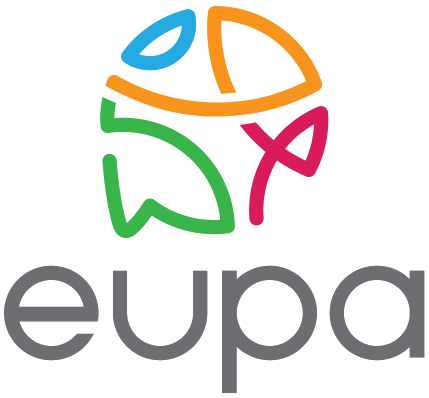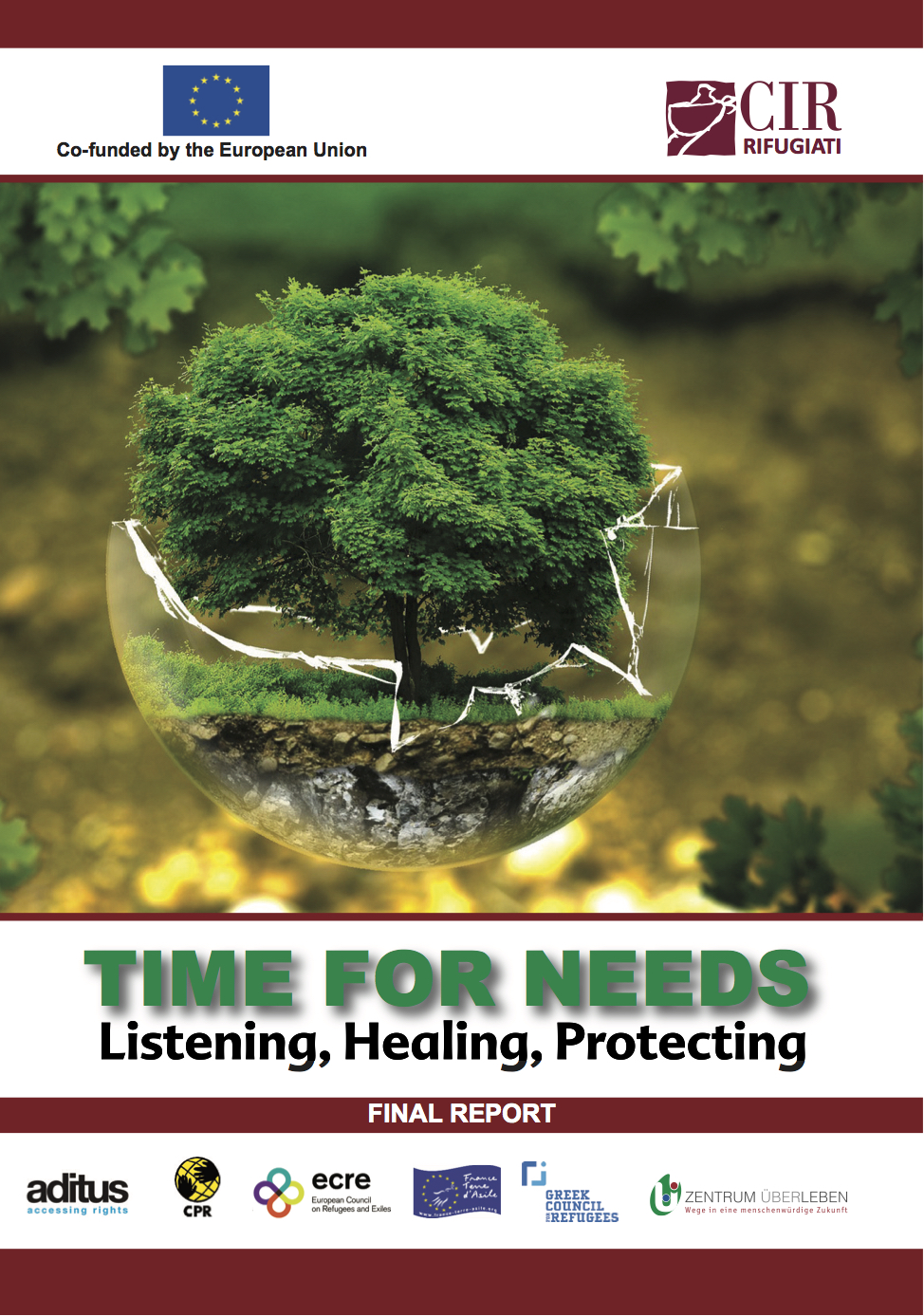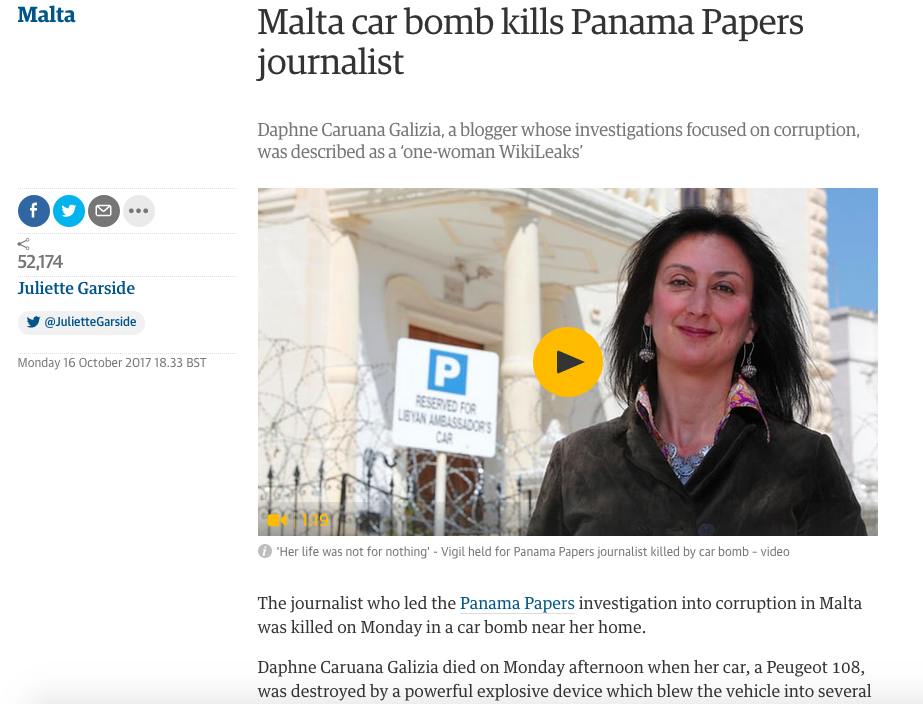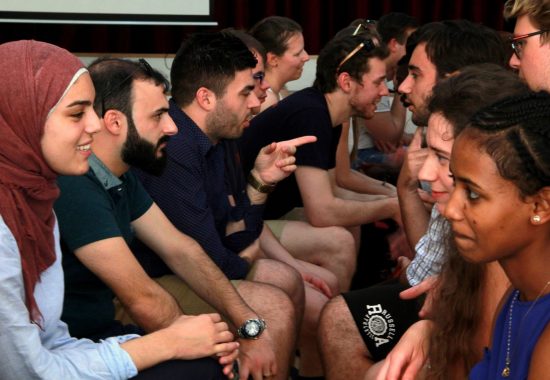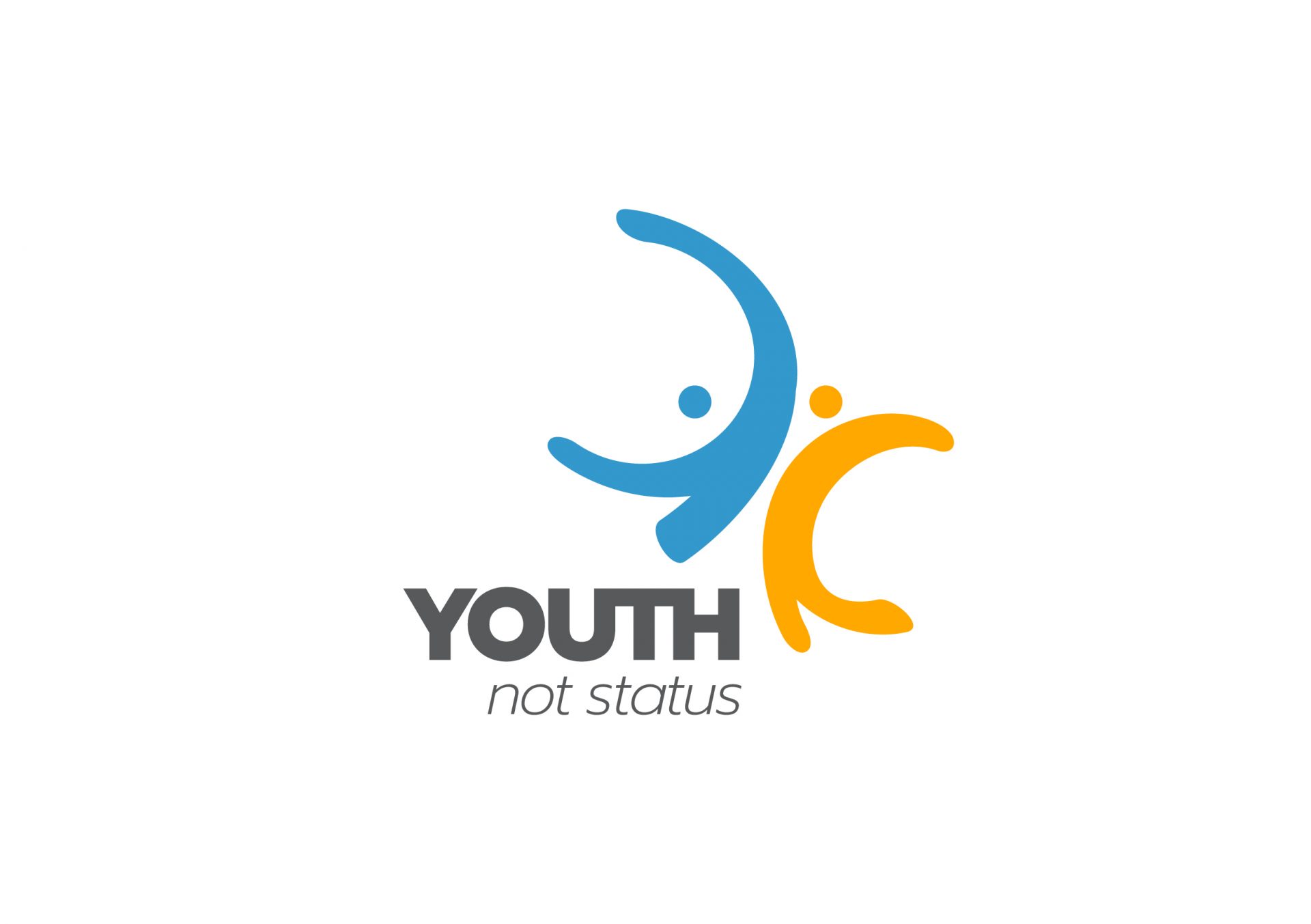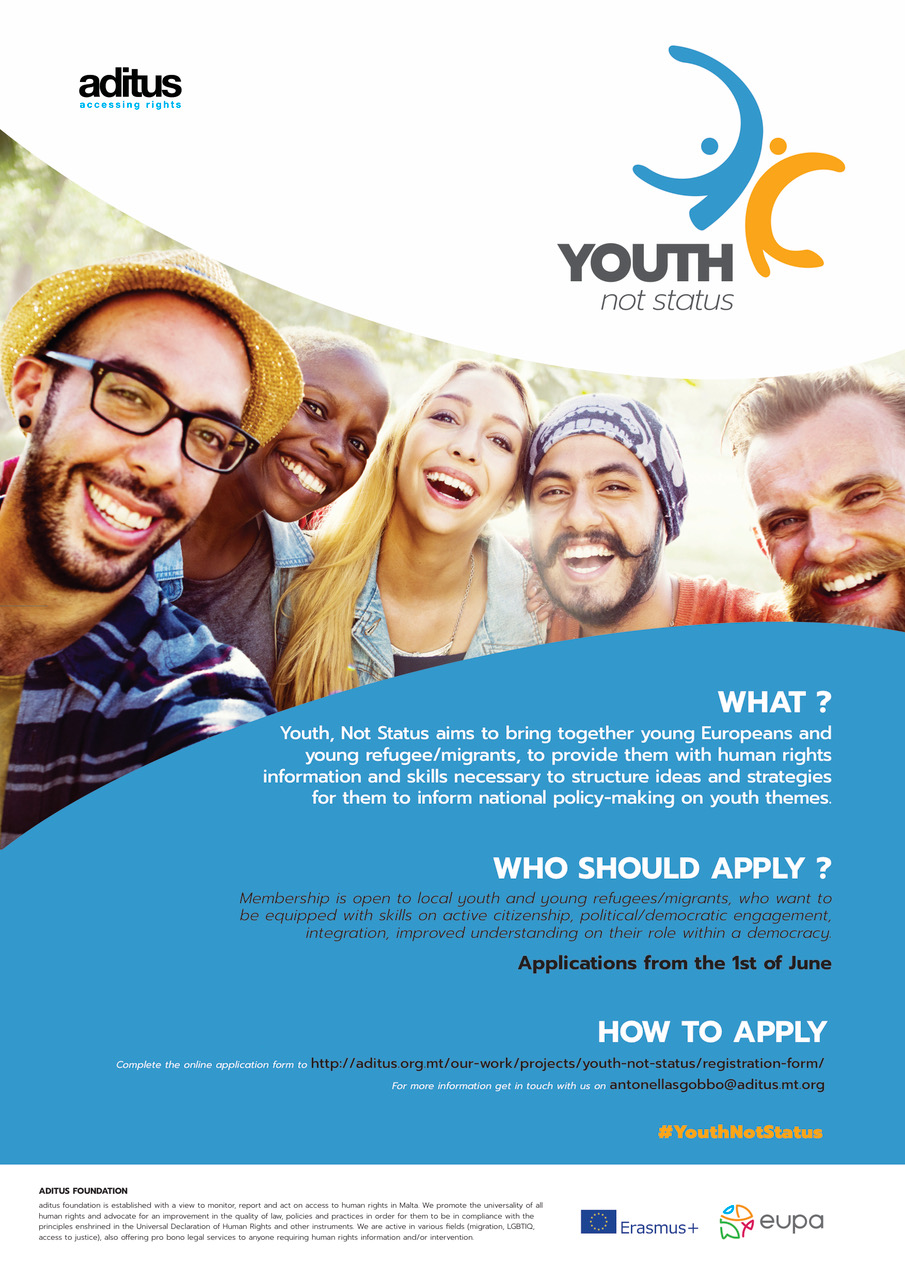On Saturday 30 September and Sunday 1 October 2017, we held the first training course weekend of our project Youth, Not Status. 30 young people living in Malta, coming from different backgrounds and nationalities. Students, youth leaders, social workers and various trainers, gathered for 2 days at the Archbishop’s Seminary in Rabat.
The training course weekend was an opportunity for our participants to create a platform to exchange experiences, practices and methods for young people and youth organizations on how to address migration, integration and human rights issues at the grassroots. It also included discussions focusing on national youth actions and how to strengthen the awareness and mobilization of young people in relation to these issues.
The project, funded by Erasmus+, will bring together Maltese youth and young refugees and migrants in an open social dialogue with local authorities focused on key themes of migration and integration relevant to Malta, highlighting stories and experiences from a youth perspective.
The training is also an opportunity for brainstorming about ways in which young people can be mobilised into find solutions in common critical areas: such as political participation, prevention of violent extremism, cultural heritage, freedom of expression and media and information literacy.
The training course weekend was designed to encourage discussions between Maltese and migrant youth in order to increase knowledge and awareness on migration, to reflect about the effects of migration on the rights of young refugees, and to understand the challenges and potentials of cultural diversity, inclusion, social integration, youth work and youth political participation.
The 2 days of training were structured into 4 different sessions facilitated by our Assistant Director Carla Camilleri, Maria Pisani from Integra Foundation, Binda Consulting International and PRISMS Malta. The sessions focused on the following topics:
- Civil Society and Democracy;
- Youth Narratives and Youth experiences with Racism, Marginalisation, xenophobia.
- Youth as Political Citizens,
- Youth Sharing Experiences, Multiculturalism.
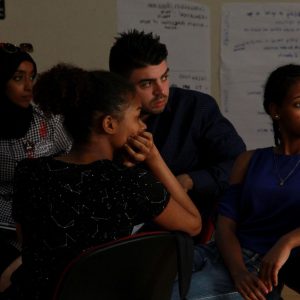
Due to the lack of information on the existing issues, preconceived ideas, the continuous criminalization of the irregular migrants and their presumed threat and youth civil society, Maltese and the refugee and migrant community are not empowered to act as a cohesive group.
The sessions held during the weekend aimed at strengthening the protection of the rights of migrants and to change the societal attitudes towards them by integrating human rights discourse and the dignity dimension into the public debate on migration.
The discussion among the participants concluded with two main objectives:
- to change the discourse on migration by mainstreaming the topics of human rights, dignity and protection into public discussions;
- to develop and implement advocacy goals aiming to ensure the implementation of opportunities for youth to engage in governance and participate in political and decision-making processes.
Youth, Not Status next training course will be held on the 11 and 12 November.
The topics will be:
- Cohabitation and co-work between young Nationals and young Refugees in Malta;
- Young people’s representation in media, dialogue and collaboration between youth and key media actors;
- National legislation on youth revision participation to advocate for the development of national youth strategies and policies and to lobby for the sound implementation of these.
REGISTRATION IS STILL OPEN!! Click here to apply:
http://aditus.org.mt/our-work/projects/youth-not-status/registration-form/
If you need more info, don’t hesitate to get in touch with us:
antonellasgobbo@aditus.org.mt
